-
 Bitcoin
Bitcoin $116400
-0.36% -
 Ethereum
Ethereum $4033
3.40% -
 XRP
XRP $3.302
-1.26% -
 Tether USDt
Tether USDt $1.000
-0.02% -
 BNB
BNB $796.1
1.67% -
 Solana
Solana $177.8
1.89% -
 USDC
USDC $0.9999
0.00% -
 Dogecoin
Dogecoin $0.2314
4.09% -
 TRON
TRON $0.3381
0.14% -
 Cardano
Cardano $0.7989
1.22% -
 Stellar
Stellar $0.4496
-1.84% -
 Chainlink
Chainlink $20.42
9.42% -
 Hyperliquid
Hyperliquid $41.17
0.88% -
 Sui
Sui $3.914
3.77% -
 Bitcoin Cash
Bitcoin Cash $584.7
1.52% -
 Hedera
Hedera $0.2632
-0.54% -
 Avalanche
Avalanche $24.09
3.40% -
 Ethena USDe
Ethena USDe $1.001
-0.02% -
 Litecoin
Litecoin $123.2
1.33% -
 Toncoin
Toncoin $3.318
-0.04% -
 UNUS SED LEO
UNUS SED LEO $8.984
-0.05% -
 Shiba Inu
Shiba Inu $0.00001323
2.85% -
 Uniswap
Uniswap $10.90
4.41% -
 Polkadot
Polkadot $3.999
3.34% -
 Dai
Dai $1.000
0.01% -
 Cronos
Cronos $0.1630
9.64% -
 Bitget Token
Bitget Token $4.484
0.82% -
 Monero
Monero $272.4
2.44% -
 Pepe
Pepe $0.00001173
6.03% -
 Aave
Aave $290.8
2.88%
What Is Smart Contract?
Smart contracts leverage blockchain technology to create self-executing agreements characterized by transparency, verifiability, and security, automating processes and fostering trust in various industries.
Oct 27, 2024 at 09:54 pm
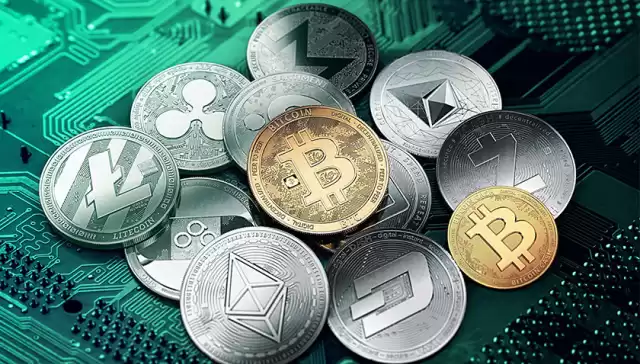
What Is Smart Contract?
A smart contract is a self-executing agreement that is stored in a distributed ledger. It is a decentralized application that runs on a blockchain platform, making it transparent, verifiable, and secure.
Components of a Smart Contract:
- Code: Defines the terms and conditions of the agreement, including the actions to be executed.
- Blockchain: A distributed ledger that stores and records transactions.
- Participants: Entities that interact with the smart contract.
- Oracle: An external data source that provides information to the smart contract.
How Smart Contracts Work:
- The contract is deployed on a blockchain.
- Participants interact with the contract by sending transactions.
- The contract executes the code and performs the agreed-upon actions automatically.
- The blockchain records the results of the execution, ensuring immutability and transparency.
Benefits of Smart Contracts:
- Automation: Eliminates the need for manual processes and paperwork.
- Transparency: Transactions and contract terms are open for all to see on the blockchain.
- Security: Cryptographic algorithms protect smart contracts from unauthorized access and manipulation.
- Efficiency: Reduces costs and delays by automating contract execution.
- Trustless: Code is executed automatically, eliminating the need for intermediaries.
Applications of Smart Contracts:
- Supply chain management
- Digital identity
- Voting systems
- Financial services
- Real estate transactions
- Healthcare record management
Current State of Smart Contract Technology:
- Smart contracts are still in their early stages of development.
- There are concerns about security vulnerabilities and regulatory challenges.
- However, they have the potential to revolutionize various industries by automating processes and enhancing trust.
Disclaimer:info@kdj.com
The information provided is not trading advice. kdj.com does not assume any responsibility for any investments made based on the information provided in this article. Cryptocurrencies are highly volatile and it is highly recommended that you invest with caution after thorough research!
If you believe that the content used on this website infringes your copyright, please contact us immediately (info@kdj.com) and we will delete it promptly.
- Shiba Inu (SHIB) in the Crypto Landscape: Community, Trends, and Future Outlook
- 2025-08-09 20:30:12
- Lasers in Modern Warfare: Iron Beam and the Future of Defense
- 2025-08-09 20:30:12
- Maxi Doge Presale: The Meme Coin That's Pumping Iron and Prices!
- 2025-08-09 19:10:11
- Rare Coin Warning: Don't Get Fooled by That 1p Coin!
- 2025-08-09 18:50:12
- Cardano, Unilabs, and Tron Price: Decoding the Latest Crypto Buzz
- 2025-08-09 18:30:12
- Aerodrome Finance: Price Targets and the Bullish Channel - What's Next?
- 2025-08-09 18:50:12
Related knowledge

What happens if I forget my crypto wallet password?
Aug 09,2025 at 08:50am
Understanding the Role of a Crypto Wallet PasswordA crypto wallet password serves as a critical security layer that protects access to your digital as...
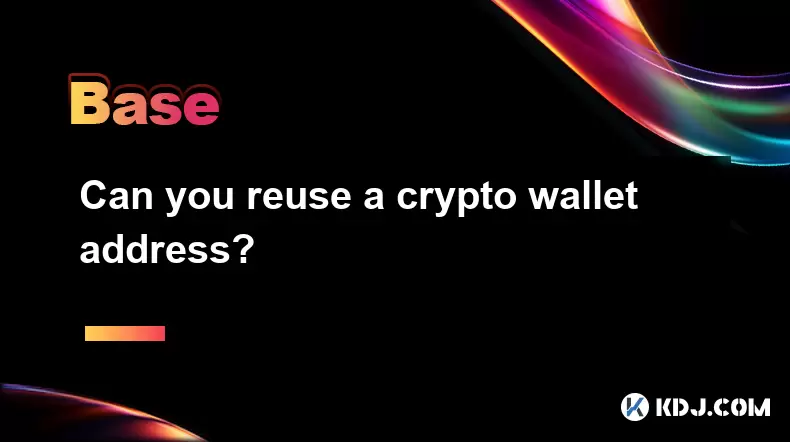
Can you reuse a crypto wallet address?
Aug 08,2025 at 03:49pm
Understanding Wallet Addresses in CryptocurrencyA crypto wallet address is a unique identifier used to send and receive digital assets on a blockchain...
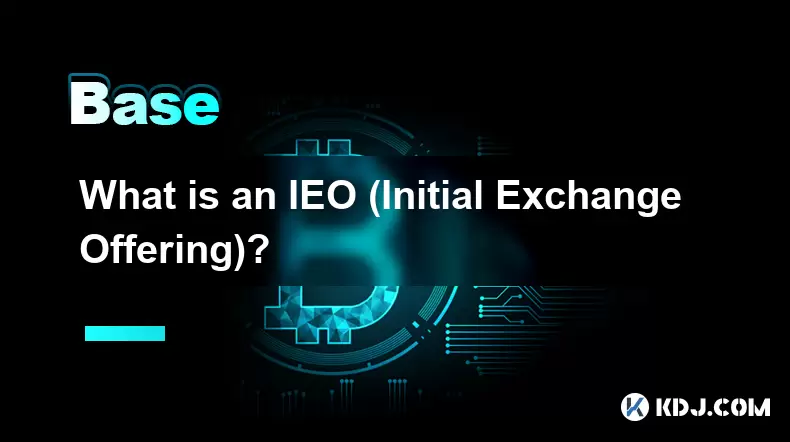
What is an IEO (Initial Exchange Offering)?
Aug 09,2025 at 06:22am
Understanding the Concept of IEO (Initial Exchange Offering)An Initial Exchange Offering (IEO) is a fundraising method used by blockchain-based projec...

Are meme coins a good investment?
Aug 08,2025 at 11:36pm
Understanding Meme Coins and Their OriginsMeme coins are a category of cryptocurrencies that originated from internet humor or viral trends rather tha...
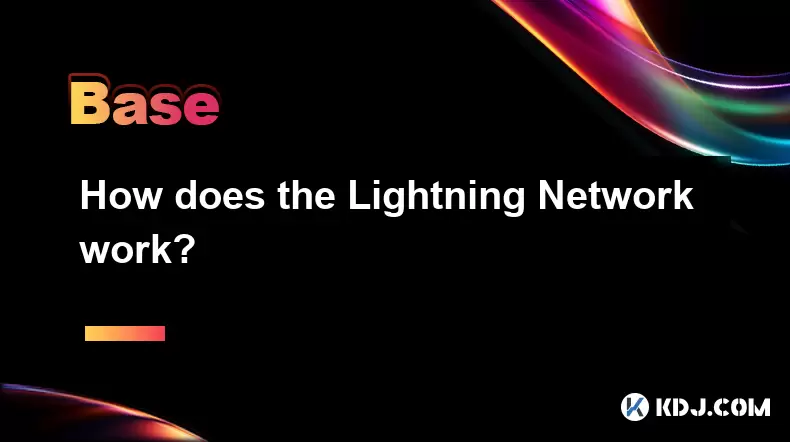
How does the Lightning Network work?
Aug 09,2025 at 07:15pm
What Is the Lightning Network?The Lightning Network is a second-layer scaling solution built on top of blockchain networks, primarily Bitcoin, designe...
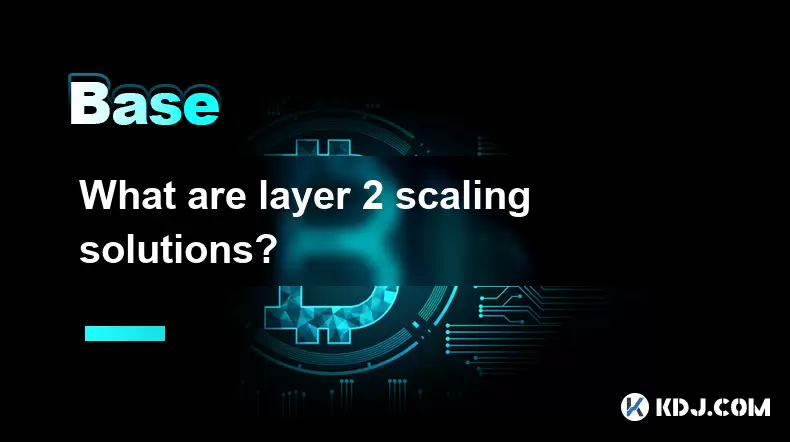
What are layer 2 scaling solutions?
Aug 09,2025 at 04:07am
Understanding Layer 2 Scaling Solutions in CryptocurrencyIn the world of blockchain and cryptocurrencies, scalability has long been a pressing challen...

What happens if I forget my crypto wallet password?
Aug 09,2025 at 08:50am
Understanding the Role of a Crypto Wallet PasswordA crypto wallet password serves as a critical security layer that protects access to your digital as...

Can you reuse a crypto wallet address?
Aug 08,2025 at 03:49pm
Understanding Wallet Addresses in CryptocurrencyA crypto wallet address is a unique identifier used to send and receive digital assets on a blockchain...

What is an IEO (Initial Exchange Offering)?
Aug 09,2025 at 06:22am
Understanding the Concept of IEO (Initial Exchange Offering)An Initial Exchange Offering (IEO) is a fundraising method used by blockchain-based projec...

Are meme coins a good investment?
Aug 08,2025 at 11:36pm
Understanding Meme Coins and Their OriginsMeme coins are a category of cryptocurrencies that originated from internet humor or viral trends rather tha...

How does the Lightning Network work?
Aug 09,2025 at 07:15pm
What Is the Lightning Network?The Lightning Network is a second-layer scaling solution built on top of blockchain networks, primarily Bitcoin, designe...

What are layer 2 scaling solutions?
Aug 09,2025 at 04:07am
Understanding Layer 2 Scaling Solutions in CryptocurrencyIn the world of blockchain and cryptocurrencies, scalability has long been a pressing challen...
See all articles

























































































